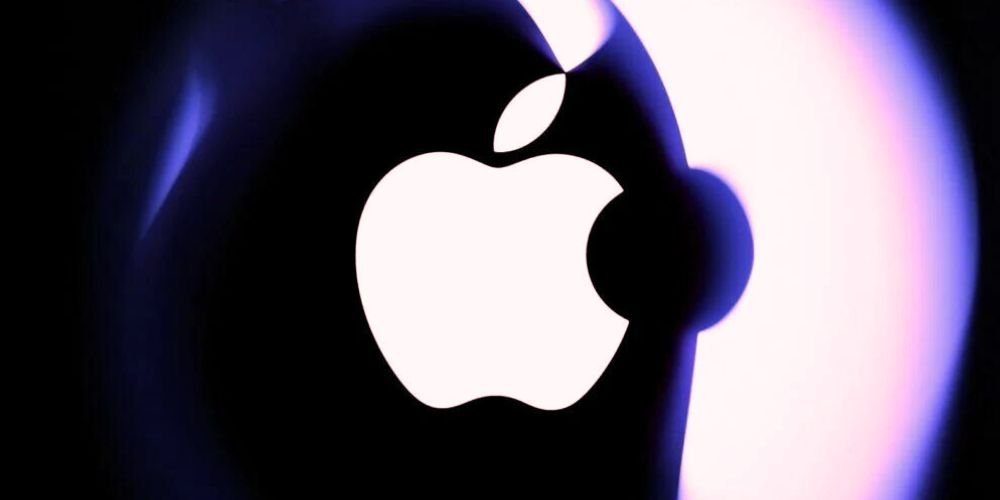Key Points
- Apple has disabled Advanced Data Protection (ADP) in the UK, restricting iCloud’s end-to-end encryption.
- New users in the UK cannot enable ADP, and existing users must eventually turn it off.
- Apple expressed disappointment, citing rising cybersecurity threats. The UK government demanded broader access to encrypted cloud data.
- Apple has previously resisted similar demands from other governments, including the U.S.
Apple (AAPL.O) has announced that it will no longer offer its Advanced Data Protection (ADP) feature in the UK. The company cites government regulations requiring broad access to encrypted cloud data as the reason for the decision, which marks a significant shift in Apple’s approach to security and privacy in the region.
Advanced Data Protection is an optional feature that provides end-to-end encryption for iCloud data, securing user information such as messages, backups, and photos against unauthorized access. However, Apple confirmed on Friday that the feature is no longer available for new users in the UK, and existing users will eventually have to disable it.
“We are gravely disappointed that the protections provided by ADP will not be available to our customers in the UK given the continuing rise of data breaches and other threats to customer privacy,” Apple stated.
The UK government has been pressuring tech companies to allow law enforcement and intelligence agencies access to encrypted user data stored in the cloud. According to The Washington Post, British authorities demanded that Apple provide unprecedented access to encrypted data, raising concerns about potential privacy risks.
This move comes amid a global debate over privacy vs. government surveillance. Governments argue that strong encryption makes it difficult to track criminals, while tech companies insist that weakening encryption exposes all users to cyber threats.
Apple has long positioned itself as a leader in user privacy, often clashing with governments over encryption policies. The company has previously resisted the U.S. government’s demands to weaken its encryption, including high-profile legal battles related to unlocking iPhones used in criminal investigations.





